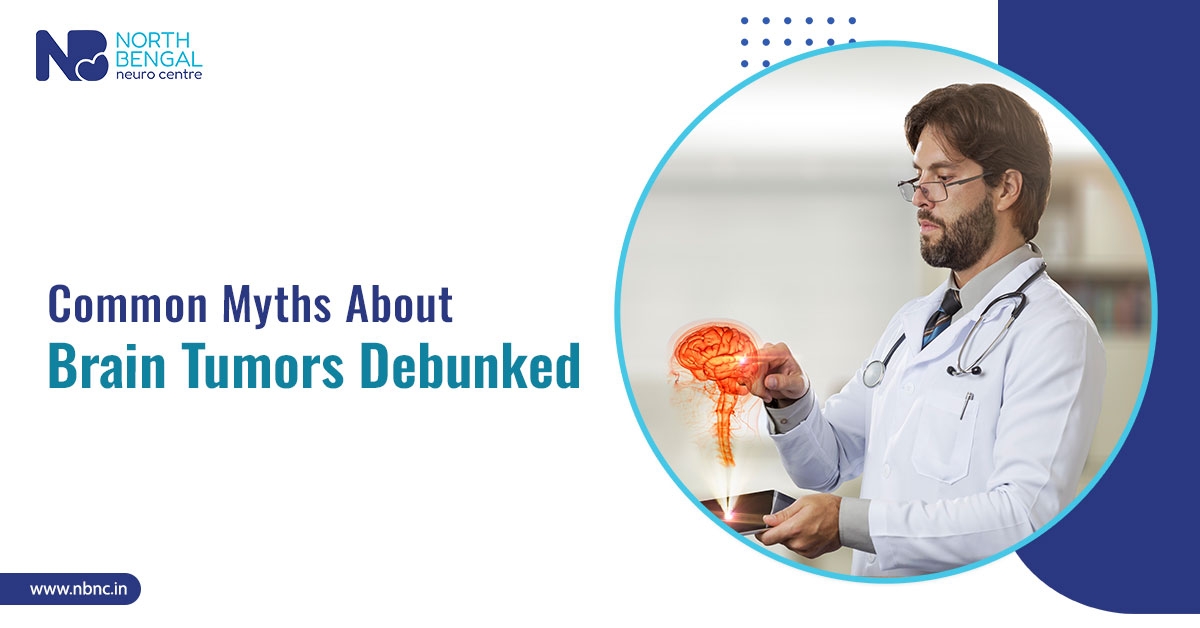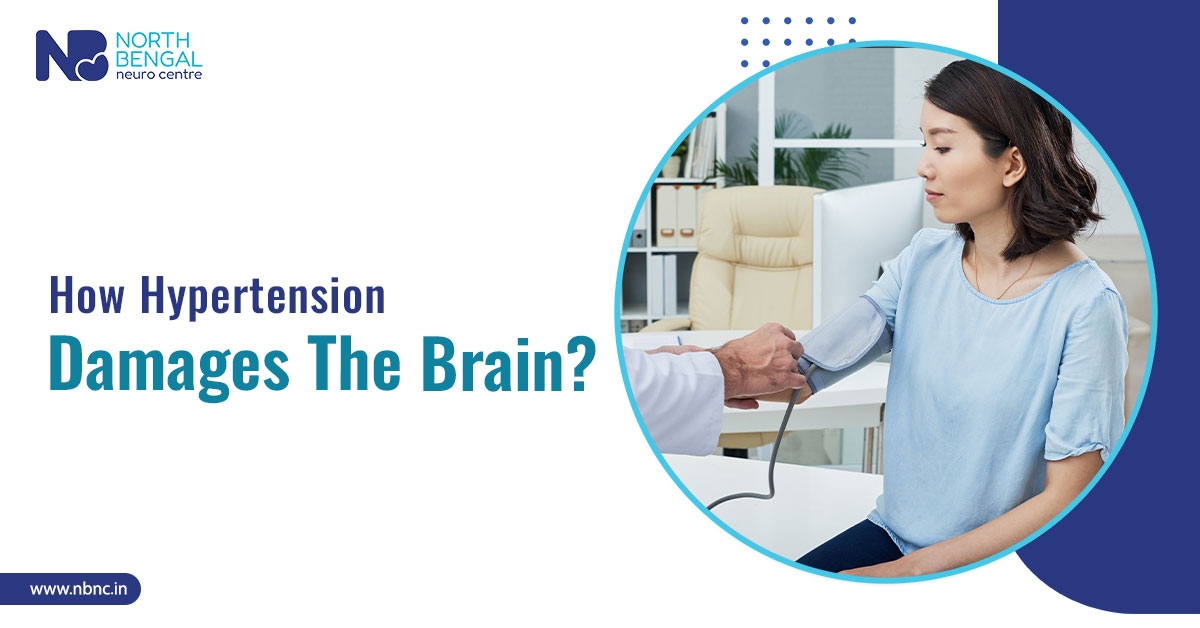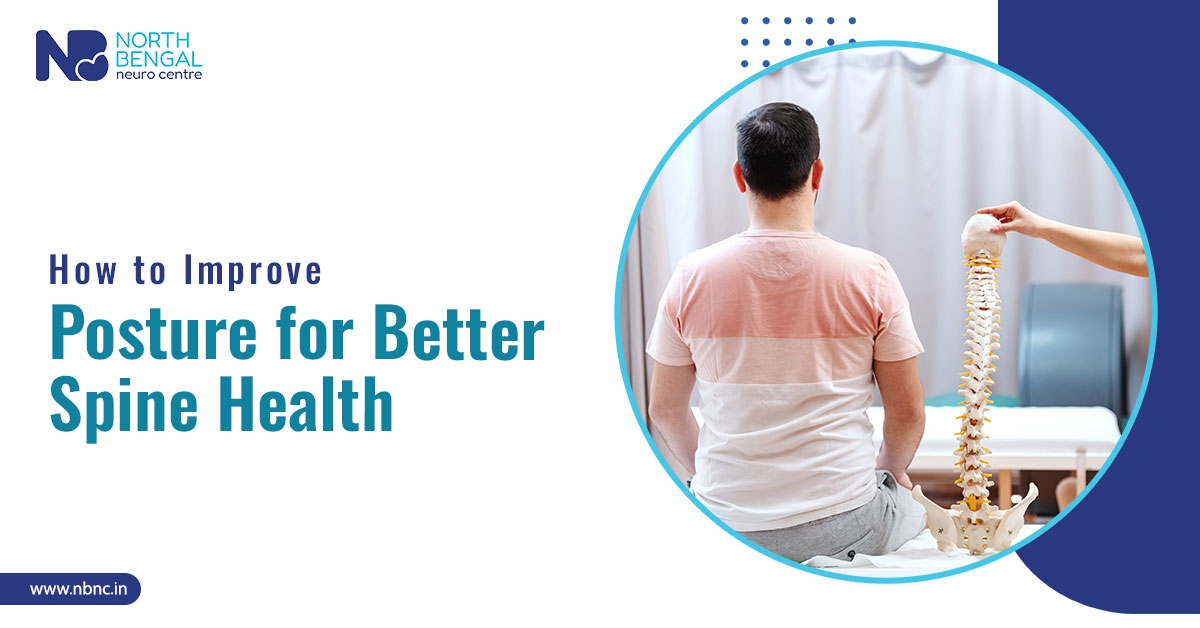Most of us think that musculoskeletal problems are a normal complication of aging which will heal on its own without any treatment. You must know that our body is made up of 206 bones and any disorders affecting these bones can decrease your life quality. Proper functioning of all the bones is necessary otherwise you may suffer from severe discomfort and pain. If you experience any sudden pain or other complications related to the musculoskeletal system then you must contact an orthopedic doctor in Siliguri at North Bengal Neuro Center.
The orthopaedic doctor will help you get proper treatment at the right time so that you can perform daily activities and tasks without any ease. You must be able to listen to your body so that you can seek urgent care if you experience any abnormalities. This will help you to treat any serious disorders related to ligaments, bones, tendons, muscles, and joints effectively.
Who is an Orthopedic Doctor?
Orthopedics is a specialized medical field that handles all the disorders associated with your musculoskeletal system. Before knowing the signs when you must visit an orthopaedic specialist, firstly you must understand who these doctors are and what conditions they can treat. Herein, orthopaedic specialists are trained to diagnose and treat various musculoskeletal disorders with both surgical and non-surgical techniques.
Starting from bone fractures, arthritis, and carpal tunnel syndrome to muscle strain, bone cancer, and limb abnormalities, orthopaedic doctors can treat all the conditions. Some of the effective non-surgical treatment options that the doctor may advise are immobilization, medications, exercise, and certain lifestyle modifications. Additionally, there are also various surgical interventions performed by these types of doctors such as fusion, joint replacement, internal fixation, release surgery, and osteotomy.
Signs Indicating That You Need An Orthopedic Specialist
1. Decreased range of motion
One of the most common signs when you must visit an orthopedic specialist is a decreased range of motion. Your range of motion becomes limited only when one of the joints in your body is not able to move at full capacity. Some of the issues that can lead to this symptom are infection, joint dislocation, fracture, cartilage tears, infection, and foreign materials stuck in the joints.
It is essential to seek the assistance of a specialized doctor for this condition who can inspect the area to detect the underlying issues. In most cases, surgical intervention is required to manage a decreased range of motion with the guidance of an experienced orthopaedic surgeon.
2. Joint and shoulder pain
If your joint is not functioning properly then you will not only experience limited range of motion but also severe joint pain. You must know that most of the musculoskeletal conditions lead to this symptom that either needs exercise or surgery. The available surgical treatments that can help you overcome this issue are total joint replacement, arthroscopic surgery, synovestomy, osteotomy, and joint resurfacing.
Herein, the doctor will select an effective surgery based on your condition to permanently alleviate the distressing symptoms of joint pain. Additionally, you must also see an orthopaedic doctor when you suffer from shoulder pain. Post-traumatic surgeries, repetitive motions, rheumatoid arthritis, and shoulder bursitis are the probable conditions associated with shoulder pain.
3. Experiencing difficulty in climbing stairs
In most cases, you will face extreme difficulty in climbing stairs if you’re suffering from knee problems. The main indication of serious knee damage is difficulty in descending or ascending stairs as you won’t be able to bend your knees. If you’re suffering from arthritis then you have a higher chance of developing this problem which can cause severe degeneration in the cushions of the knee joints.
You must note that reduced grip strength, balance problems, and hypertension can also be some of the conditions that can stop you from climbing stairs. It is always a better option to visit the best orthopaedic hospital in Siliguri to identify the main cause behind this issue.
4. Swollen joints
Joint effusion or swollen joints happen when you have excessive fluid accumulation in the joints. Injuries, arthritis, and infections are some of the conditions that can cause joint swelling. Other conditions associated with this problem are rheumatoid arthritis, osteoporosis, gout, and other types of arthritis.
Herein, other symptoms that you can experience alongside swollen joints are the inability to move, aching pain, stiffness, feeling warm, and stiff muscles. If you are suffering from joint pain that hasn’t resolved for several days then you must contact an orthopedic doctor immediately. Various CT scans and X-rays will be conducted by the doctor to determine the main cause of swelling.
5. Hairline fractures
Joint tenderness and swelling can also happen due to hairline fractures that need immediate medical attention. A hairline or stress fracture is a severe bruise or small crack in the joint which is more common among athletes.
If you’re using repetitive motions and overusing an action every day then you can develop microscopic damage in the joints which can further cause these fractures. Some of the areas where you can develop this fracture are navicular, heel, and ankle bones. After contacting the doctor, he will diagnose your condition through a bone scan, MRI, and physical examination to recommend effective medical treatments.
6. Sprained ankle
Turning, twisting, or rolling your ankle in an awkward manner can cause a sprained ankle, which can be a major matter of concern. This tear or stretch in the ankle also needs specialized treatment from an orthopaedic specialist. Some of the symptoms that can help you identify a sprained ankle are swelling, bruising, tenderness in the ankle, decreased range of motion, and pain while touching the impacted area.
If you experience any of these symptoms then book an appointment with a specialized doctor today. You must note that this type of orthopaedic condition is more common if you have a history of prior ankle injury or you’re an athlete.
7. Infection near a bone injury
If you have experienced a bone injury then you need to take special care of it to promote effective healing. However, in some cases, the injured area gets affected causing distressing symptoms. Some common symptoms of infections near the injured site are warm skin, soreness, swelling, fever, redness, and pus secretions.
If you don’t contact the orthopaedic specialist immediately after experiencing these symptoms then you can have a higher risk of suffering from sepsis. This is a life-threatening condition which can cause extreme pain and discomfort. You need emergency medical attention to alleviate the risk of this issue and attain a speedy recovery from the bone injury.
Contacting an orthopaedic doctor in Siliguri is essential to get the proper treatment for these symptoms. You must not fear thinking that the doctor will recommend surgery to manage the symptoms. An orthopedic surgery is only recommended when you have a serious injury or trauma that cannot be resolved with medication or other lifestyle changes.
Comments (0)





